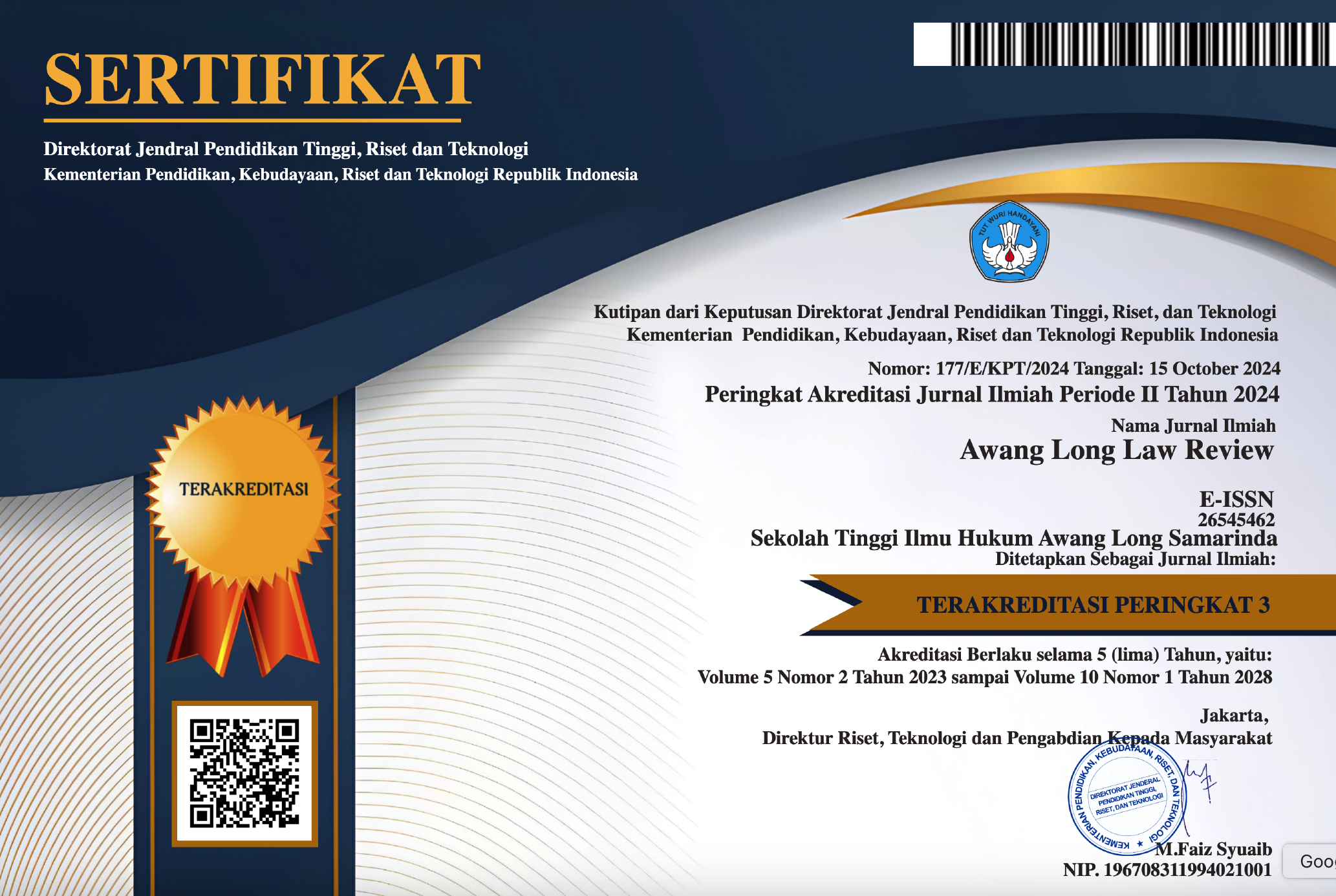THE IMPOSITION OF FINAL INCOME TAX ON MSME BUSINESSES IN THE PERSPECTIVE OF LEGAL JUSTICE
Abstract
This research aims to analyze the Imposition of Final Income Tax on MSME Business Actors from a legal justice perspective. The research method used is normative legal research. Research is descriptively analytical. Data collection techniques are carried out by way of literature studies. The results showed that based on the perspective of legal justice against MSMEs in taxation (equity principle), the imposition of the Final PPh is not following the principle of fairness, because it does not reflect the ability to pay. A fair increase is that the greater the income, the greater the tax that must be paid. This is called vertical equity. The income referred to here is net income, that is, after deducting the costs of reducing gross income allowed under the applicable tax provisions. Because the Final PPh is calculated directly from gross circulation, the indulging is following with the concept of justice in the cultivation. How not, the size of the net income of a person or business entity will not affect the amount of taxes that will be paid because taxes are calculated by multiplying the direct rate against gross circulation. Even in a state of loss, with the imposition of final PPh a person or business entity still has to pay taxes.
Downloads
Copyright (c) 2021 Awang Long School of Law

This work is licensed under a Creative Commons Attribution-ShareAlike 4.0 International License.







